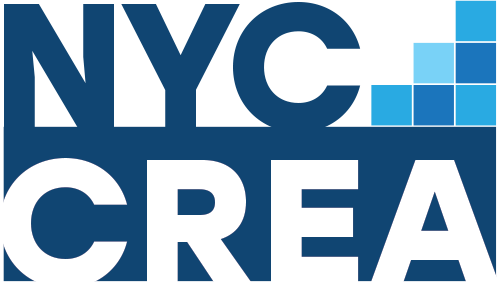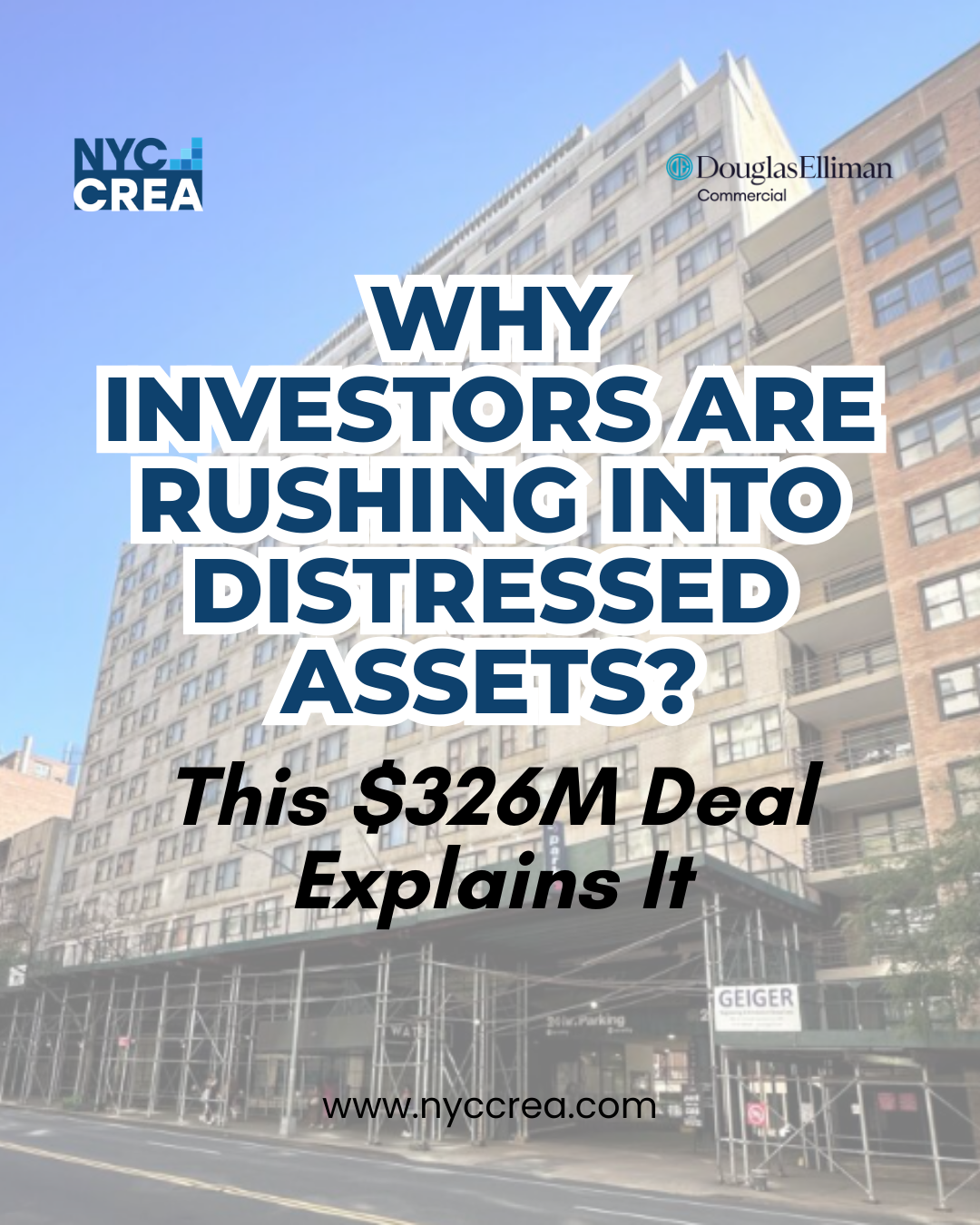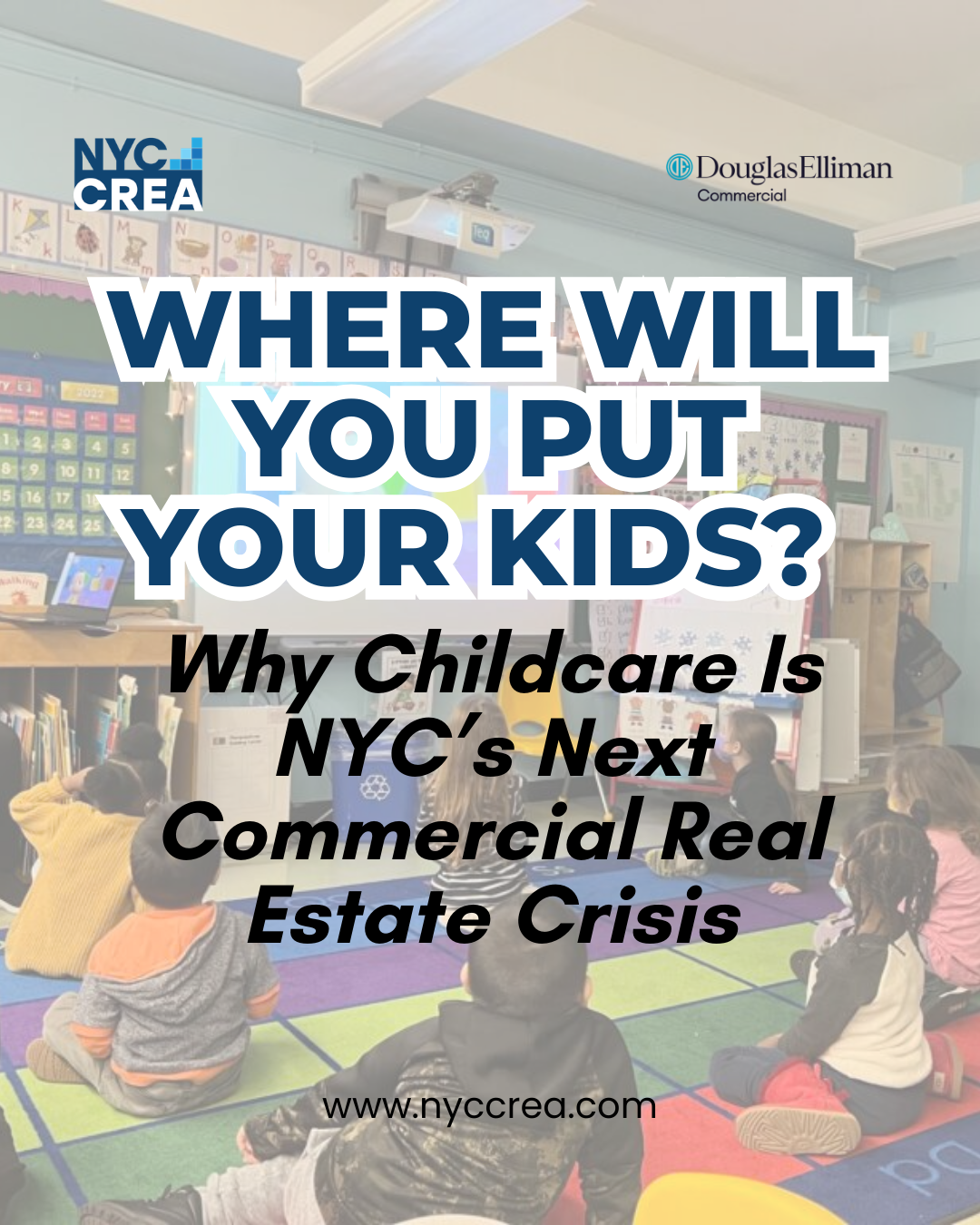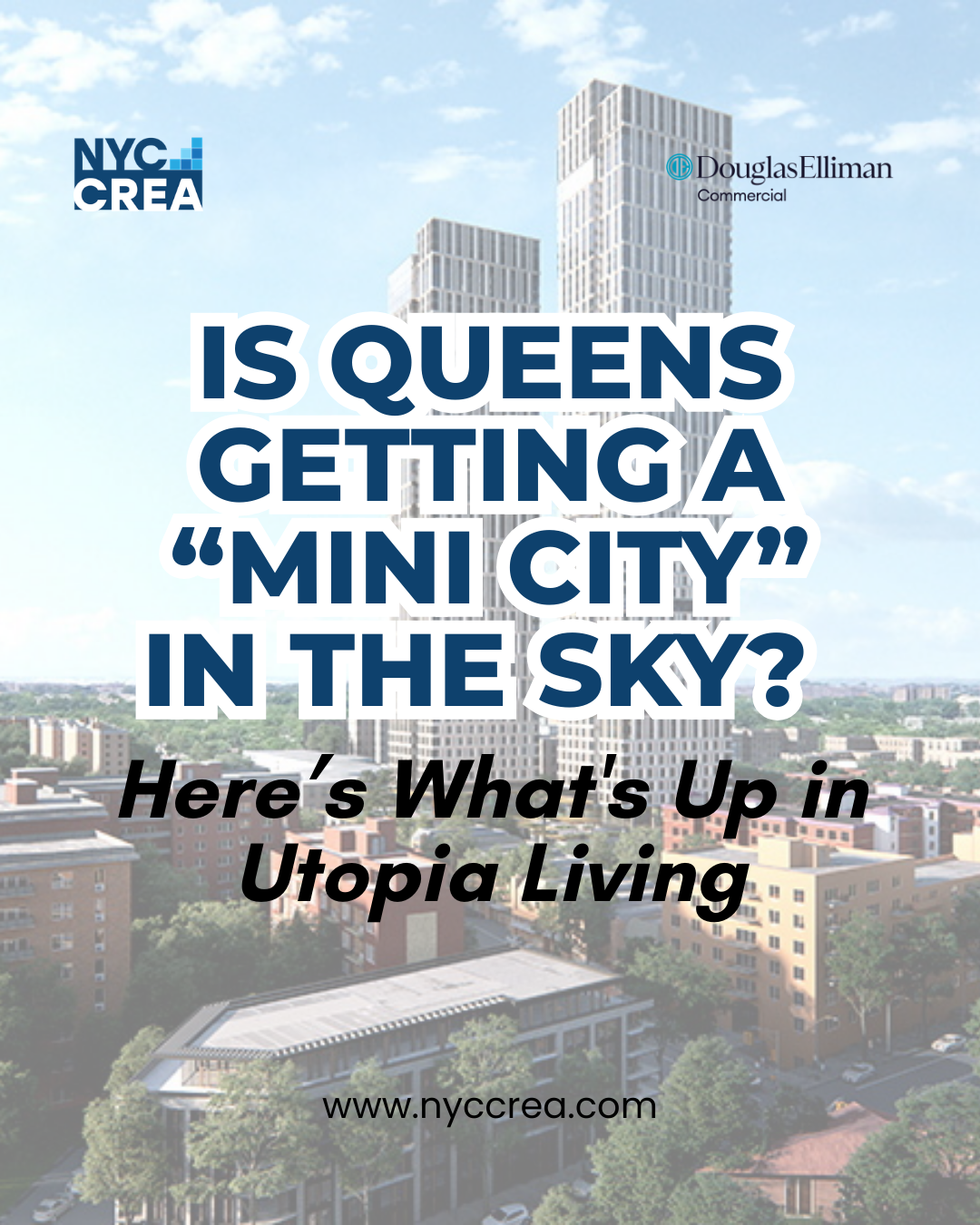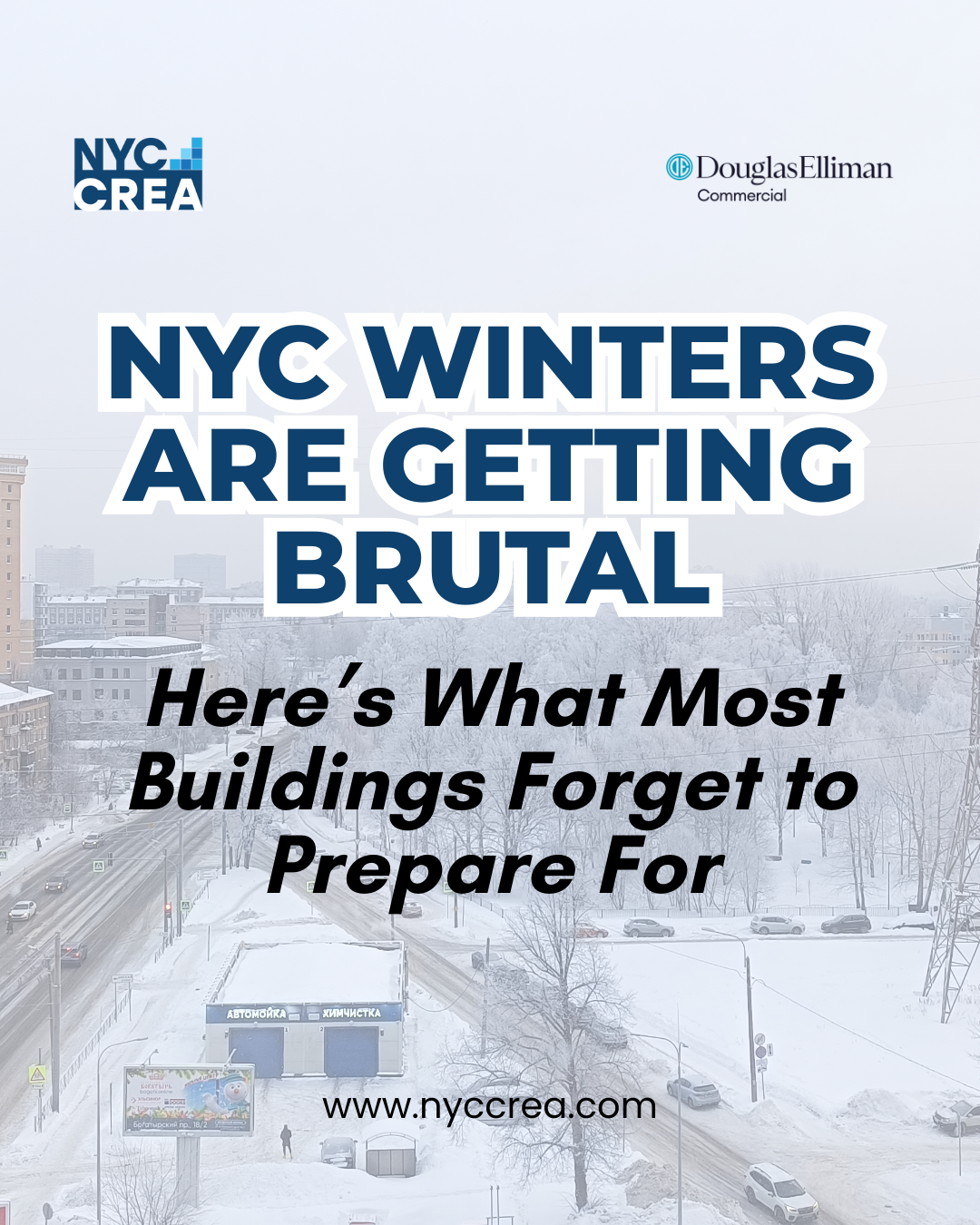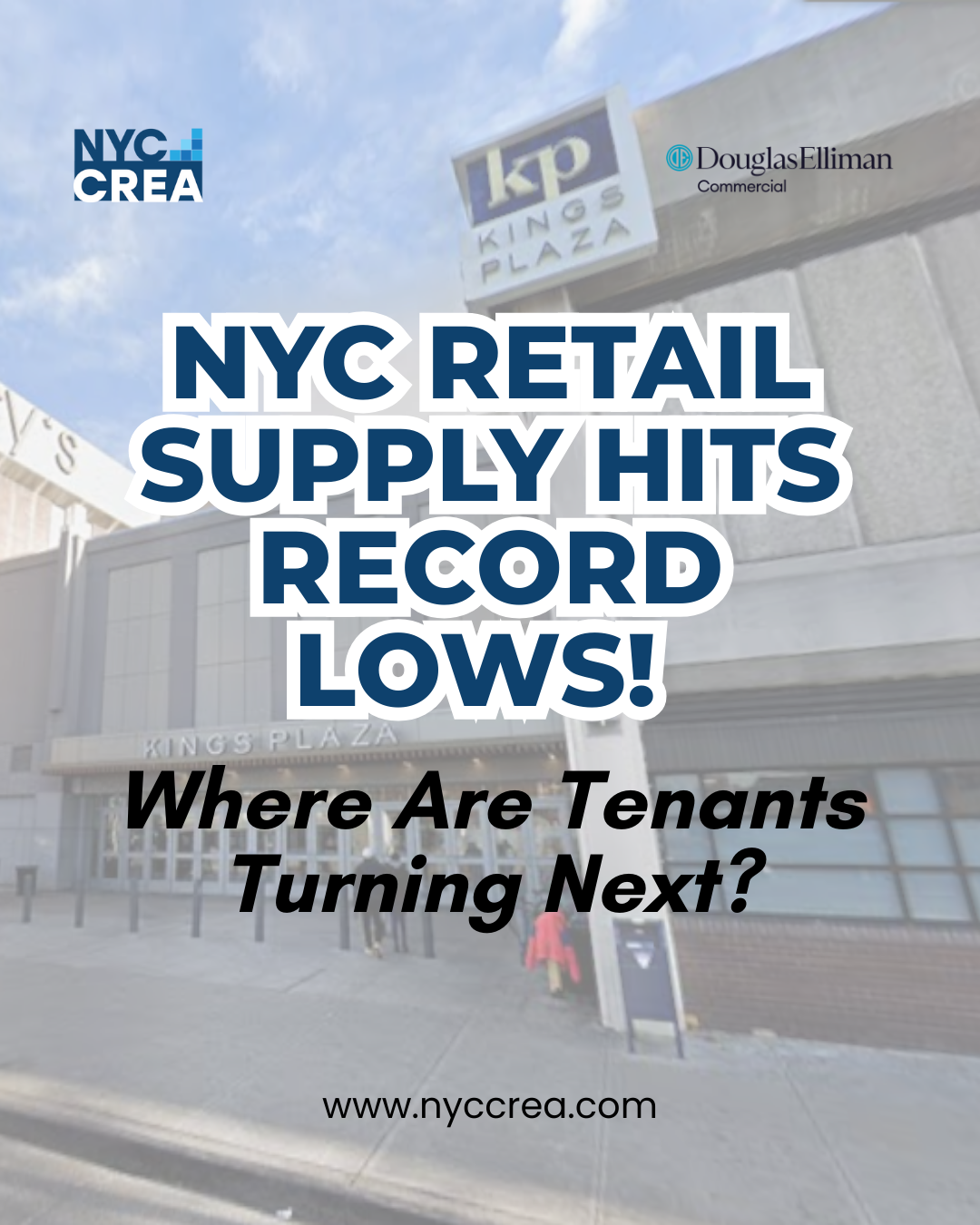June 4, 2025
- WIN 👍 Casino bids promise billions in new commercial development, including hotels, retail, and affordable housing.
- WIN 👍 Community investments tied to winning bids could revitalize underused urban areas and create thousands of jobs.
- FAIL👎Delays, political complexity, and recent high-profile dropouts cast uncertainty over the process.
The race to secure one of New York’s three coveted downstate casino gaming licenses is nearing a pivotal phase. Launched in early 2023, the bidding process has become a multi-year saga drawing in the country’s biggest gaming companies and real estate developers. With the potential to fundamentally transform the state’s urban landscape, this casino competition is more than a gamble—it’s a high-stakes bet on the future of New York City’s commercial real estate.
While the promise of jobs, tourism, and tax revenue has kept developers and policymakers committed, the road has been far from smooth. Withdrawals from major players like Wynn Resorts and Las Vegas Sands reflect growing frustration with a politicized and expensive licensing process. Still, with applications due this June and final decisions expected by year-end, the next several months will determine not only the winners of the licenses, but the next wave of investment in New York’s commercial real estate environment.

The Timeline: From Questions to Decisions
The state’s journey to awarding these licenses began officially on January 3, 2023, when the Gaming Facility Location Board released a detailed 70-page Request for Applications. That document outlined strict criteria and initiated a rigorous review process. Over the next year, hundreds of questions poured in from applicants seeking clarity, prompting two lengthy rounds of answers—first in August 2023, then again in December 2024—totaling nearly 1,000 questions in all.
From January to June 2025, applicants have been busy refining their proposals and securing local zoning approvals. These presentations to local planning boards are crucial, as every project must pass through Community Advisory Councils composed of political appointees with the power to approve or derail plans. For some projects, legislative approval to alienate parkland must also be secured before the state legislative session ends on June 12.
June 27 marks a critical milestone—the deadline for submitting casino applications. After that, Community Advisory Councils will officially form, hold public meetings, and gather input from residents. Each council must vote on projects in their district by September 30, 2025, after which successful applicants must file a supplemental package, including proposed tax rates. The Gaming Facility Location Board is expected to make its final selections by December 1, with the state Gaming Commission awarding licenses and collecting $500 million per winner by December 31.

The Developments: Winners, Losers, and Visionaries
The competition has seen its share of drama. In Spring 2025, Wynn Resorts dropped its bid in Hudson Yards after facing persistent community resistance and zoning challenges, stating the capital could be better used elsewhere. Similarly, Las Vegas Sands exited its Long Island proposal at the Nassau Coliseum, citing concerns over iGaming competition and regulatory delays. These withdrawals underscore concerns from many in the industry that the process is too political and costly.
Despite the exits, interest remains fierce. Billionaire Mets owner Steve Cohen’s $8 billion proposal to build a casino and entertainment complex next to Citi Field in Queens has moved closer to reality after the New York State Senate approved a key bill in May. This legislation would allow Cohen to repurpose state parkland for the project and now only requires Governor Kathy Hochul’s signature. While Hochul has not publicly stated her stance, Cohen still needs approval from a local siting board and must secure one of three downstate casino licenses expected to be awarded by a state panel by the end of the year, each anticipated to generate $500 million for the state.
MGM Empire City in Yonkers and Resorts World in Queens are also viewed as front-runners due to their existing video lottery terminal operations and minimal community resistance. Resorts World has gone further, unveiling a $5 billion expansion plan that includes a concert venue, 3,000 workforce housing units, and a new 50-acre public park. With existing infrastructure and local legislative support, both projects could convert into full-scale casinos quickly and generate immediate returns.
The Manhattan bids, though flashier, face steeper challenges. Proposals like Caesars Palace Times Square and Hudson’s Bay’s Saks Fifth Avenue casino offer glamor, massive community reinvestments, and fast implementation timelines. Yet they also sit in dense, politically complex neighborhoods. Meanwhile, in Brooklyn and the Bronx, ambitious proposals from Thor Equities and Bally’s promise revitalization but face community skepticism and regulatory hurdles.

Real Estate at the Crossroads of Risk and Reward
As the casino licensing process enters its final act, the implications for commercial real estate across New York City are profound. Developers are wagering billions on new hospitality, entertainment, and retail spaces that could dramatically reshape entire neighborhoods. From Times Square to Coney Island, these projects promise not just casinos but comprehensive mixed-use developments that add housing, infrastructure, and public amenities to the urban fabric.
For 2025, commercial real estate stakeholders are cautiously optimistic. If the process avoids further delays and decisions are made by year-end, 2026 could usher in a construction boom, driven by the licensed casinos. Existing operators like Resorts World and MGM could break ground quickly, while others finalize community agreements and entitlements. This expected influx of capital, jobs, and tourists stands to breathe new life into underutilized properties, create vibrant urban hubs, and reposition New York as a global gaming and entertainment capital.
The next few months will be pivotal—not just for the casino hopefuls, but for the commercial real estate market that stands to gain from their success.
For the latest news, proven strategies, and exclusive opportunities in commercial real estate in New York City and Western Nassau County NY, contact us at www.nyccrea.com
References:
Billionaire Mets owner Steve Cohen’s $8B Citi Field casino bid clears major Albany hurdle, New York Post
Here are the key dates in New York’s casino licensing timeline, City & State
Rolling the dice: Who will win three coveted New York City-area full casino licenses? amNewYork Metro
Wynn Resorts drops bid for NYC casino license, CNBC
